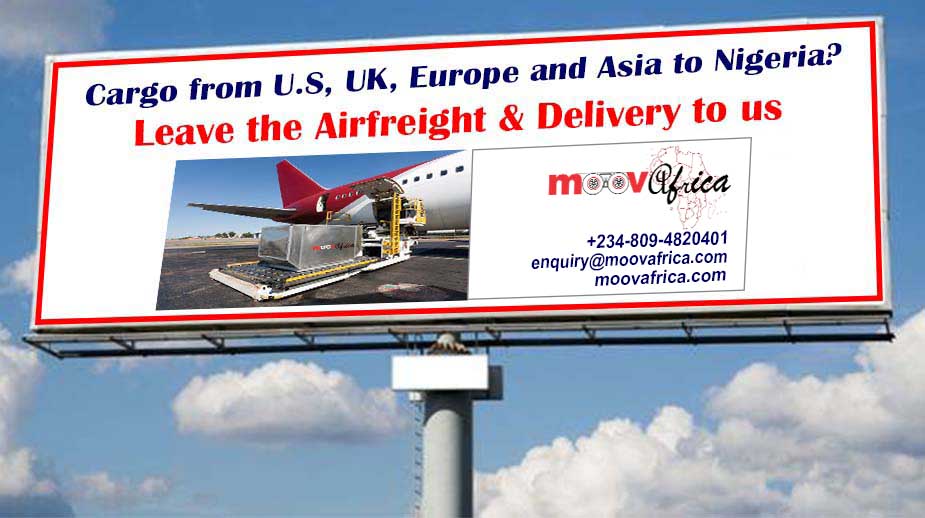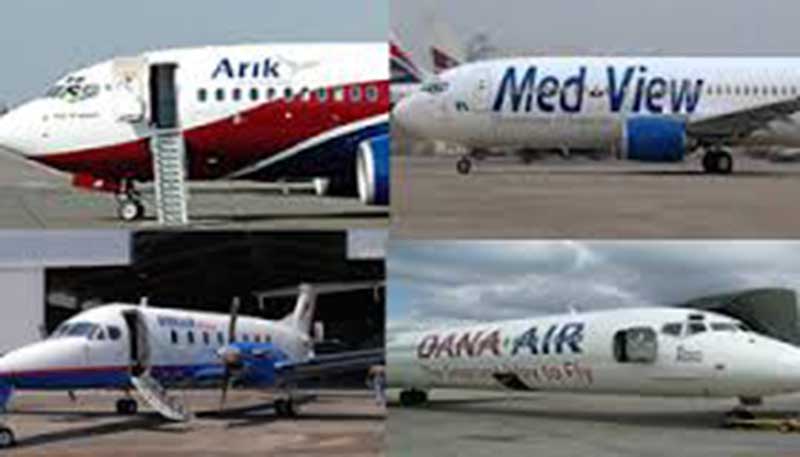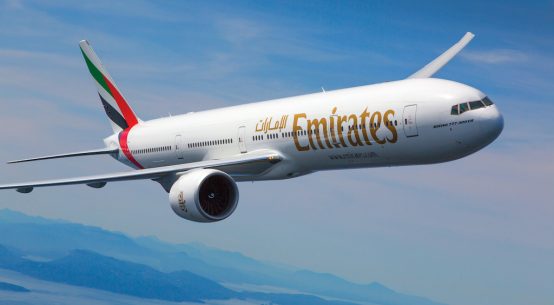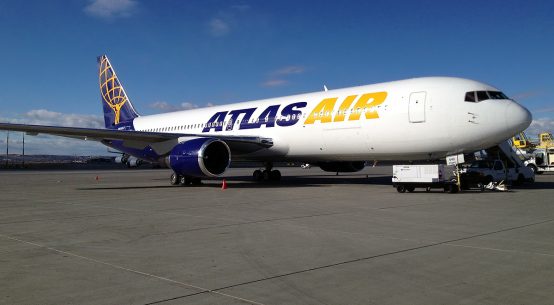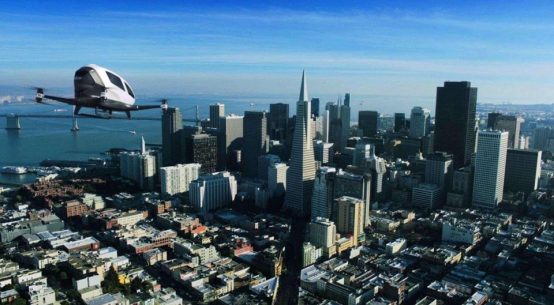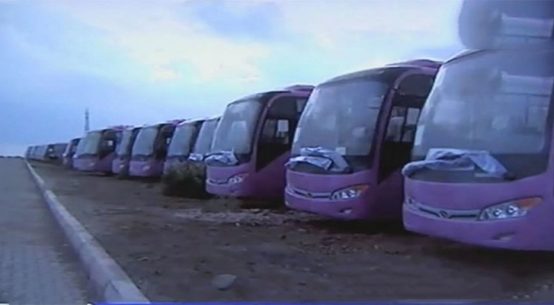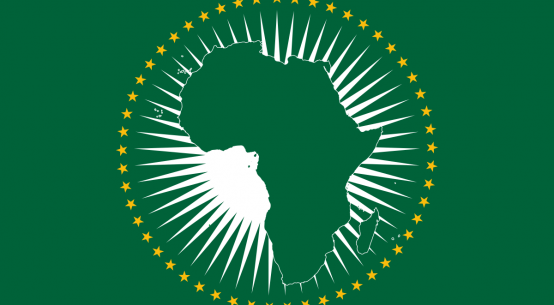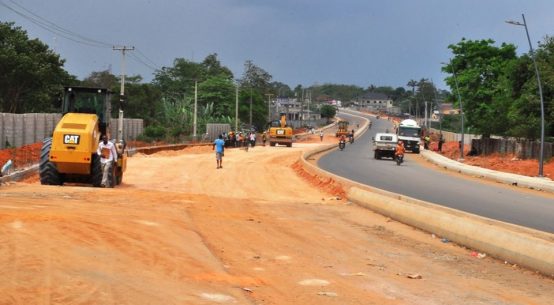Abuja (The Guardian) – Saudi Arabian airline, Flynas, will earn about N25 billion off the Nigerian air travel market in this year’s Hajj airlifting.
The disclosure followed a controversial 50 percent quota approved recently by the National Hajj Commission of Nigeria (NAHCON) at a key stakeholders’ meeting.
In the deal, Flynas will airlift about 47,500 Nigerian pilgrims, leaving local carriers to jostle for the remainder.
Imagine your Ad placed here
The move has, however, come under criticism, with some players in the aviation industry questioning the rationale for tipping such Bilateral Air Service Agreement (BASA) in favour of a foreign airline while depriving indigenous ones the opportunity to grow.
Described as “the leading low-cost carrier of Saudi Arabia”, Flynas, according to its website, “was established as part of NAS (National Air Services) Holding in 2007” and “has a fleet of 28 aircraft, operating over 1000 scheduled flights every week to 17 destinations within Saudi Arabia and 17 international destinations.”
Saudi authorities allot a 95,000-pilgrim slot to Nigeria yearly. The implication is that of this number, Flynas alone will airlift 47,500, while Med-View Airlines Plc, Max Air, Azman Air and four others share 47,500.
NAHCON statistics show that no fewer than 81,000 Nigerians participated in Hajj last year. This figure was 10,000 passengers more than in 2016. The body is therefore optimistic that Nigeria would use up its entire 95,000-man slot in 2018, being the fifth country in the world with the highest number of visitors to Mecca.
The Guardian learnt that the official baseline rate for Hajj remains the same as last year’s $4,805, which is about N1.5 million per head at an official exchange rate of N306 to $1. Of the sum, between N518,000 and N600,000 goes for air travel return ticket, depending on whether the pilgrim is in the north or south of the country. Northern pilgrims with an estimated travel time of about four and a half hours pay lesser, compared to those from southern states who travel over five hours.
Averagely, each pilgrim pays a N518,000 fare. Multiplied by 47,500 passengers, Flynas in 2018 will rake in N24.6 billion in ticket sales.
Sources at NAHCON agreed that the financial implication of the 50 percent quota is huge but noted: “We have no fault in this matter.” They argued that NAHCON simply complied with royal decrees by the Saudi government on airlifting of pilgrims.
A NAHCON official added that the implementation of the BASA between the Nigerian government and Saudi Arabia has a clause for raising the quota accruing to the Saudi airline. “It started with 25 percent in 2015; was 35 percent in 2016; 45 percent in 2017 and ultimately 50 percent in 2018.”
But the development is generating reactions from stakeholders in the industry. Faulting the logic, they note that Nigerian carriers should have the exclusive right to their local traffic, as is the case in other parts of the aviation world.
Secretary-General of the Aviation Safety Round Table Initiative (ASRTI), Group Captain John Ojikutu (rtd), questioned the capacity of the Saudi airline to lift 50 percent of pilgrims from every country; that is a half of the two million people participating in Hajj yearly.
“I was the first to challenge NAHCON on this unbalanced arrangement with the Saudi government. The 50 percent ceded by NAHCON is the body and voice of some Nigerian interests.
“How many countries’ citizens would be going to Mecca that the Saudi government wants to have 50 percent share from every country? If it is not that, then some fast guys out there in government are trying to take advantage of the rest of us,” Ojikutu said.
He added: “I refuse to buy and believe the argument of NAHCON. Where would the Saudis get the number of aircraft required for the 50 percent? If every country cedes, would Iran? What is our share of the 50 percent Saudi trade in our country? It does not make any reasonable sense.”
The Chief Executive Officer of Med-View Airline Plc, Muneer Bankole, said it would be in the best interest of Nigeria and Nigerian airlines to be more involved in the business.
He urged NAHCON to give priority to indigenous airlines over foreign counterparts, to create employment opportunities for Nigerians.
Member of the Aviation Round Table, Olumide Ohunayo, said airlifting of pilgrims to Mecca is economic, hence, “the Saudis should collect their requisite charges and taxes while our carriers should be left alone to airlift our pilgrims.”
He said: “It is also not an obligation for the Saudis to operate such flight. Rather than compete for such passengers, they are compelling by regulations. This is not acceptable. We must all stand for the industry on this issue.”
Ohunayo said it was high time the industry and National Assembly took the Fly-Nigeria Act seriously and support local carriers with requisite traffic, and prevent them from unfavourable interest of foreign competitors.
For more Logistics News, Follow us on TWITTER Follow us on FACEBOOK
“The act will protect and give market share to Nigerian airlines. Most importantly, public funds will not be filtered and ferried away by foreign airlines but ploughed back into the country by Nigerian airlines. This will generate more employment and revenue in the industry, access to capital, foreign investment, career projection for core professionals and, most importantly, ignite a dash for codeshare and alliance with Nigerian carriers,” he added.
